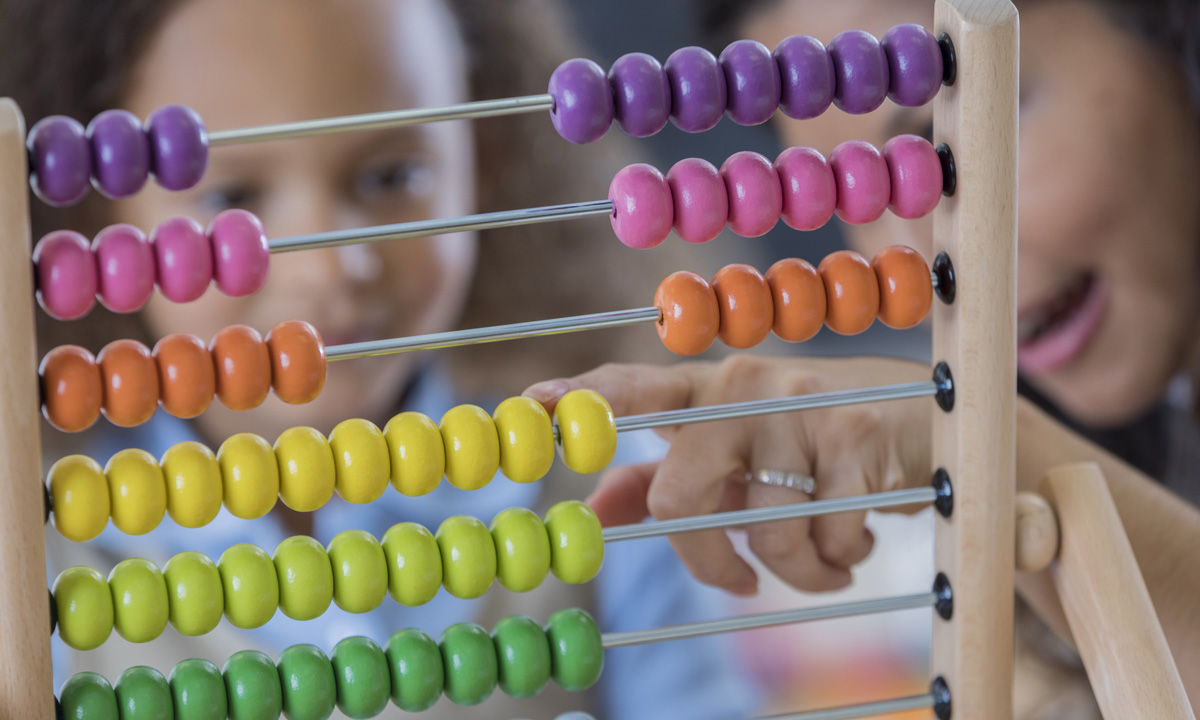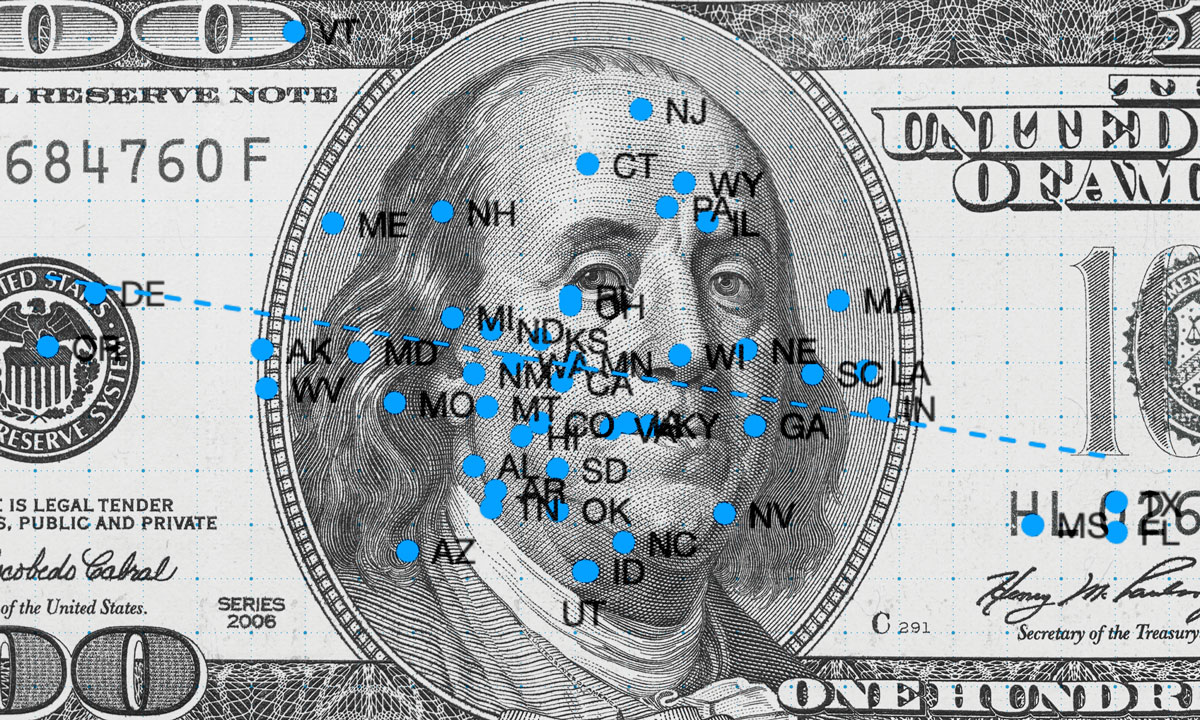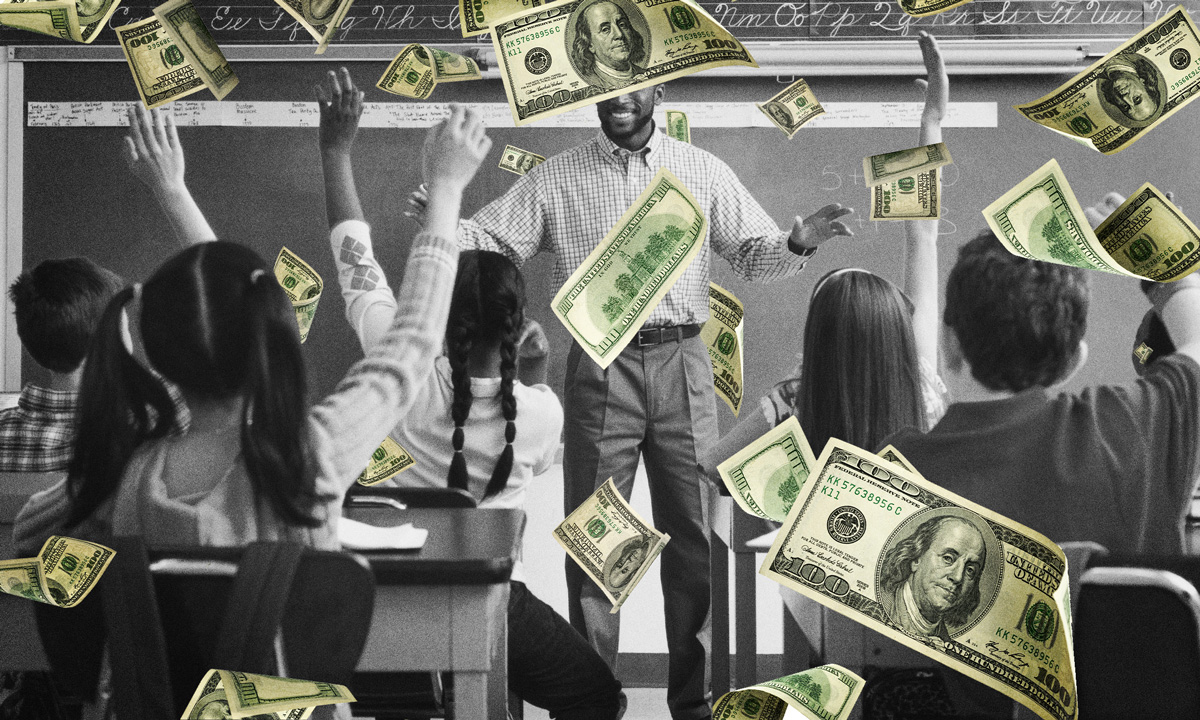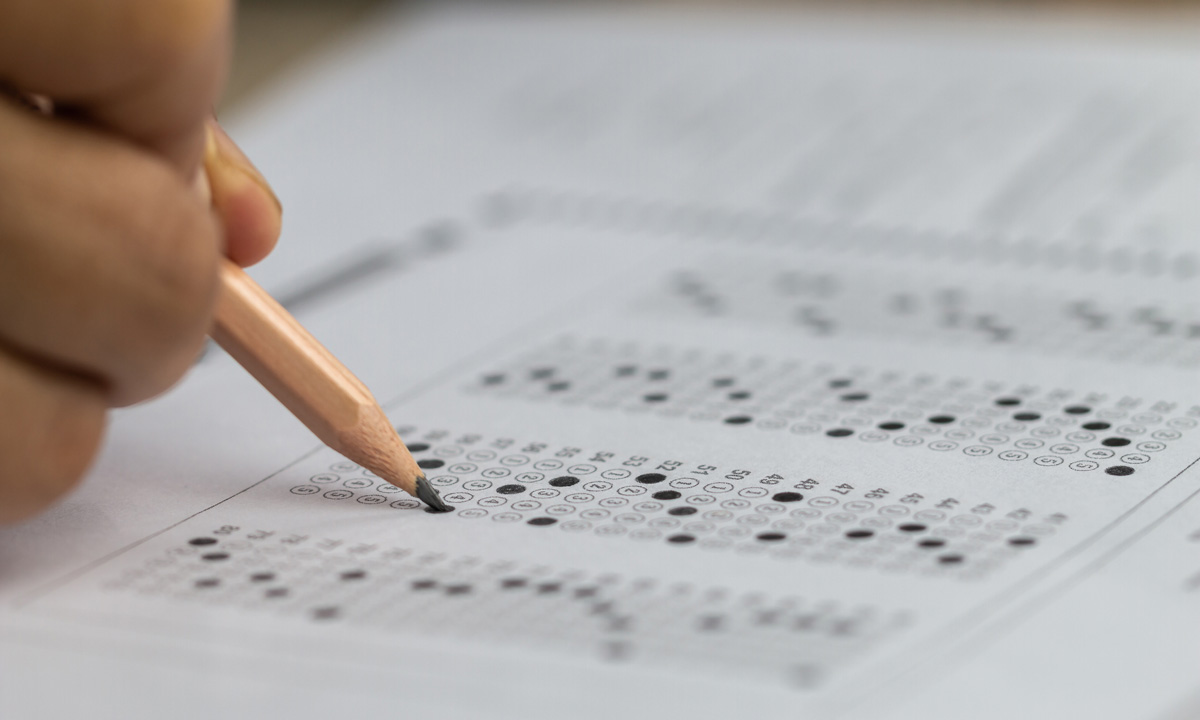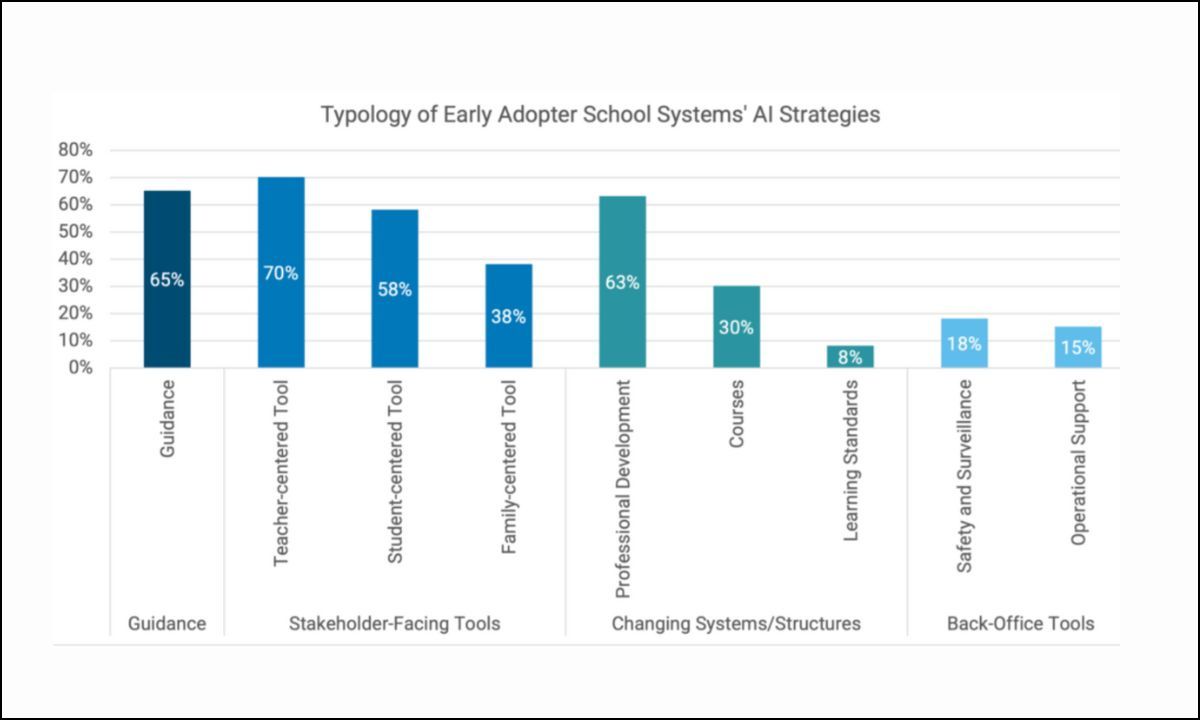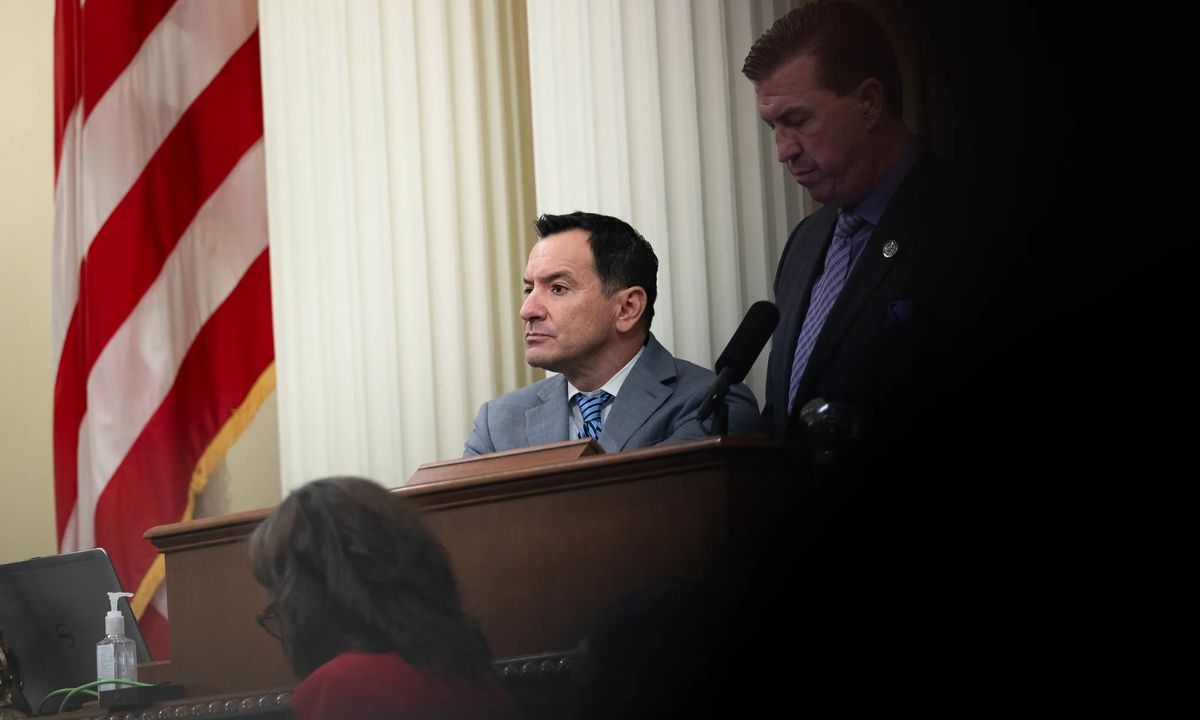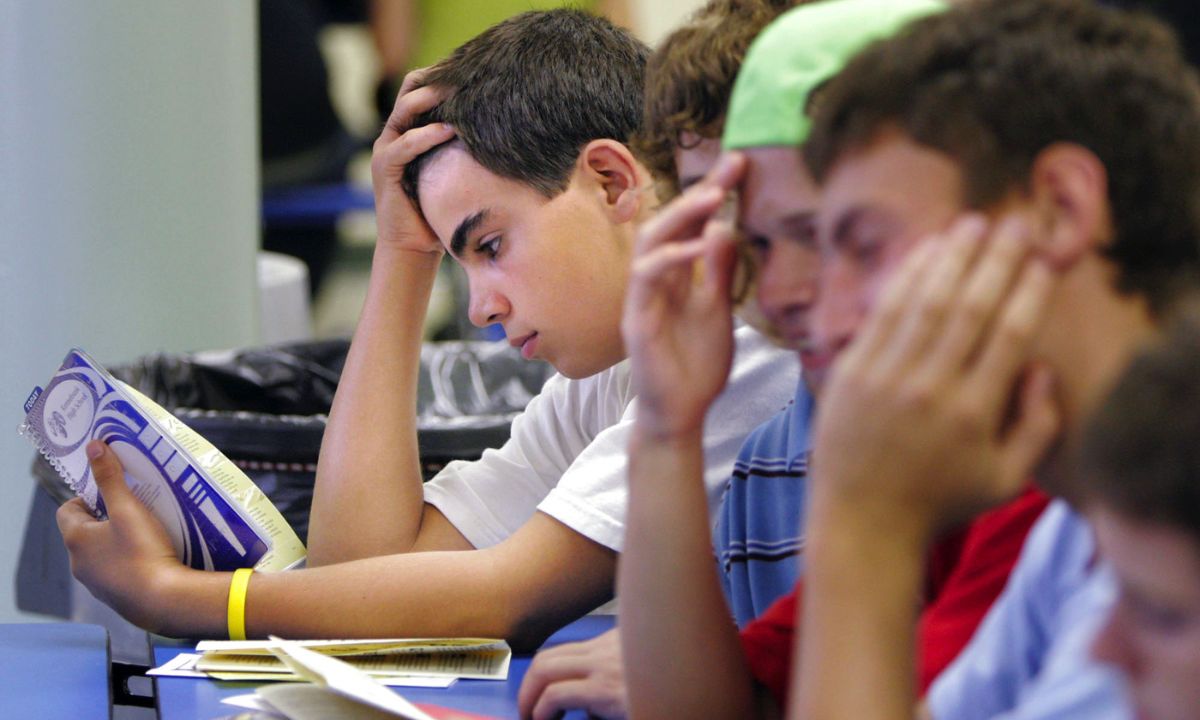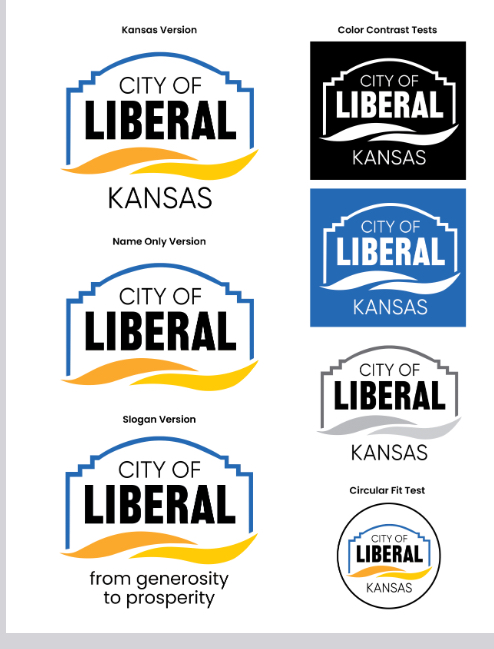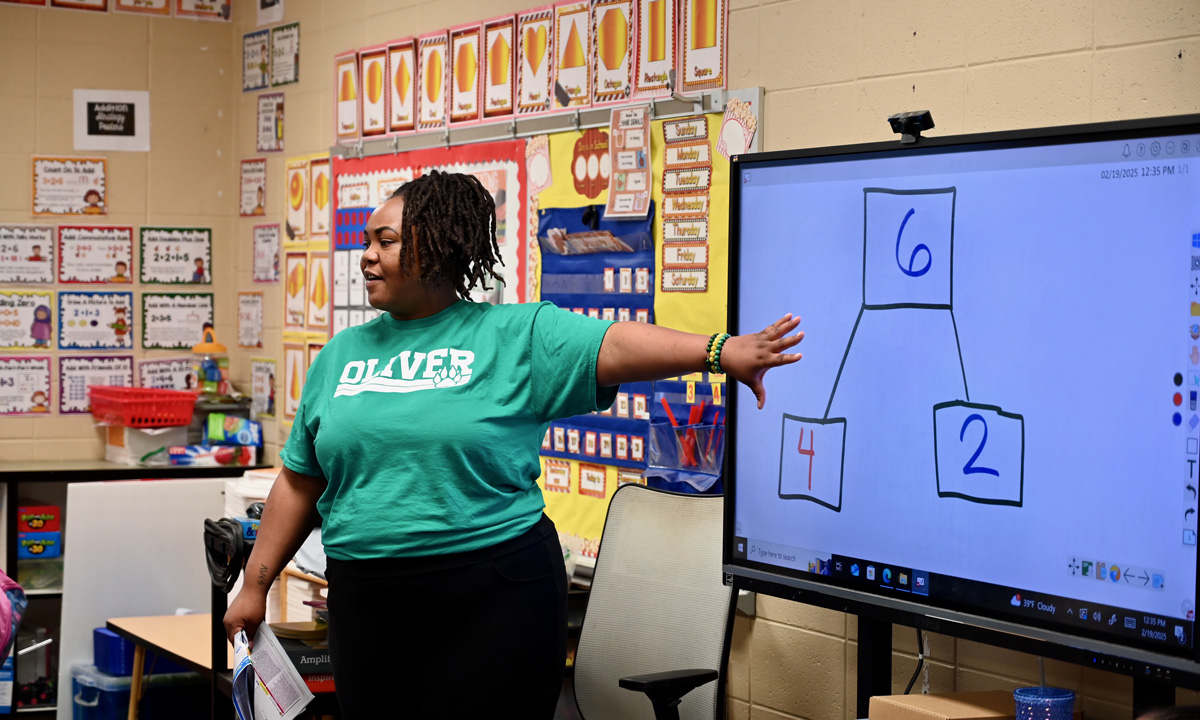Register right away.
The way a child handles numbers and solves mathematical issues throughout their life can be greatly influenced by their early arithmetic experiences, yet many kids aren’t gaining the self-assurance and abilities they need to feel successful.
A 2019 Harvard Business Review article states that over half of first and second graders say they are either moderately or extremely anxious about arithmetic. Students of color and girls are disproportionately affected by this concern. A youngster may not fulfill their potential to solve mathematics problems and understand the world if prejudice in the curriculum or instruction makes them feel like they don’t belong.
Making math interesting and approachable for all kids is the goal of the Racial Justice in Early Math (RJEM) teaching fellowship. Kindergarten instructors who participate in the one-year curriculum have a deeper understanding of how early math and racial justice intersect.
In 2019, the Erikson Institute and the University of Illinois Chicago (UIC) College of Education partnered to start the Racial Justice in Early Math project, of which the fellowship is a component. Jennifer McCray, an associate research professor and director of the Early Math Collaborative at Erikson Institute, and Danny Bernard Martin, a professor of education and mathematics at UIC, created the theoretical framework and real-world applications that served as the foundation for RJEM.
The RJEM team investigates how racial bias enters classrooms, facilitates discussions on the subject, and creates strategies for teachers. According to McCray, she frequently asks teachers to consider their early arithmetic experiences. Were they pleased with themselves? Did they become enthused about connecting concepts? Or did they feel excluded and decide they just weren’t “math people”?
According to McCray, arithmetic anxiety is common among teachers. People have been sorted using math. Children are put on a lifelong path when they are labeled as having or not having math aptitude, and that pressure leads to worry, she noted. However, according to McCray and Martin, there is no such thing as a math person or a non-math person. Martin describes the subject of who is considered smart and why in an early 2024 webcast. as an understudied issue of power dynamics in the classroom.
The RJEM Fellowship Is Changing How Early Educators Approach Math
One of six 2023–24 RJEM fellows, Shae Rounds-Kelley, is a kindergarten teacher at Hernwood Elementary in Randallstown, Maryland, where around three-quarters of the population is Black. She claimed that this experience enabled her to recognize that a deficiency of curriculum that is racially and culturally appropriate is one of the problems facing her kids. She came up with ideas for rethinking her teachings and techniques to assist her kindergarteners connect with them in a meaningful way while working with her program mentors and cohort.
According to Rounds-Kelly, circumstances should determine the appropriate teaching approach. According to her, what works might not work. The most memorable parts of the fellowship were when we recognized that we needed to pause, adjust, and figure out how to be more responsive and culturally relevant.
Rounds-Kelly works with aspiring teachers at Stevenson University as an adjunct lecturer in addition to her classroom duties. She claimed that the knowledge she gained from the fellowship is also influencing how she works with upcoming educators.
Another member of the 2023–24 cohort was Sung Yoon, a kindergarten and first-grade teacher in Woodinville, Washington. He claimed that the fellowship altered the way he taught. According to Yoon, when he shared the fellowship with friends and coworkers, they frequently asked, “So you think math is racist?” “No, that’s not what this is about,” he would clarify. It is about breaking down the white supremacist system that has existed since the beginning of time and how we teach arithmetic.
The racial component of Yoon’s teaching methodology isn’t always made clear. I don’t tell parents outright that we are eliminating white supremacy in our math instruction at our curriculum nights. He clarified, “I do say it’s about thinking critically and coming up with our own ideas.”
In light of his family’s Korean heritage, Yoon admitted that math instruction in the US differs. Many Koreans claim that American math is simple, but it’s actually quite difficult. He claimed that rather than memorizing, there are more story difficulties and a lot of critical thinking occurring.
According to Yoon, parents of all ethnic backgrounds have inquired about and occasionally voiced concerns over his approach to teaching math.For instance, numberless word problems have drawn criticism because they emphasize ideas like more and less, allowing kids to grasp context before diving right into math. I explain to them that we are also acquiring critical thinking techniques in this math workshop, which are crucial in the twenty-first century.
A Math Mentorship Model Provides Ongoing Support for Early Educators
Mentoring is a fundamental component of the fellowship. Each fellow is paired with a mentor when the program brings participants together in Chicago.
Yoon partnered with Erikson Institute educational coach Sisa Pon Renie. He remarked, “We have very similar backgrounds, and we bonded so much over that because it’s really hard to find an Asian American teacher in the United States.”
Working with a mentor was a fulfilling and helpful experience for Rounds-Kelly, but it also provided valuable insight on the lack of educational support at her school, which predominantly serves students from low-income households. When I got the chance to work with Donna Johnson, I was like, “I want to learn everything from you!” because I simply enjoy learning from Black women in education! “Tell me everything you know!” she exclaimed.
Johnson, the associate director of school support services at Erikson Institute, reportedly expressed surprise that Rounds-Kelly did not get a stipend from her school to purchase materials, according to Rounds-Kelly. When she recalled, I thought, “How in the world does anyone get money to spend on their class?” No heat is present in my classroom! When my children are wearing coats and hats, I am unable to accomplish all of these wonderful things.
Yoon has been forced to consider representation more as a result of the mentorship and fellowship. “We don’t always see different races when we think about assumptions about who is at math,” Yoon added. He said that many of the fields that are seen as mathematical are dominated by white people. The fact that things have been evolving is fantastic.
